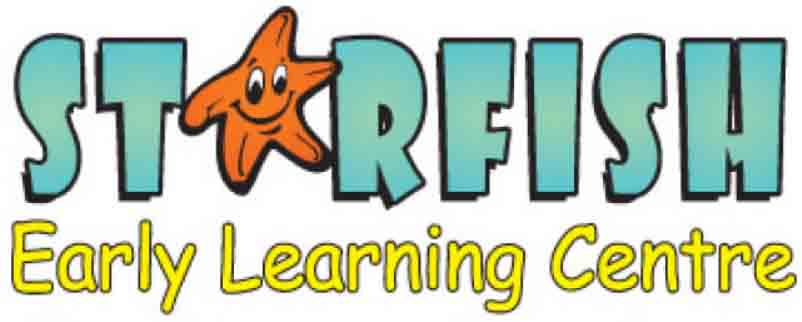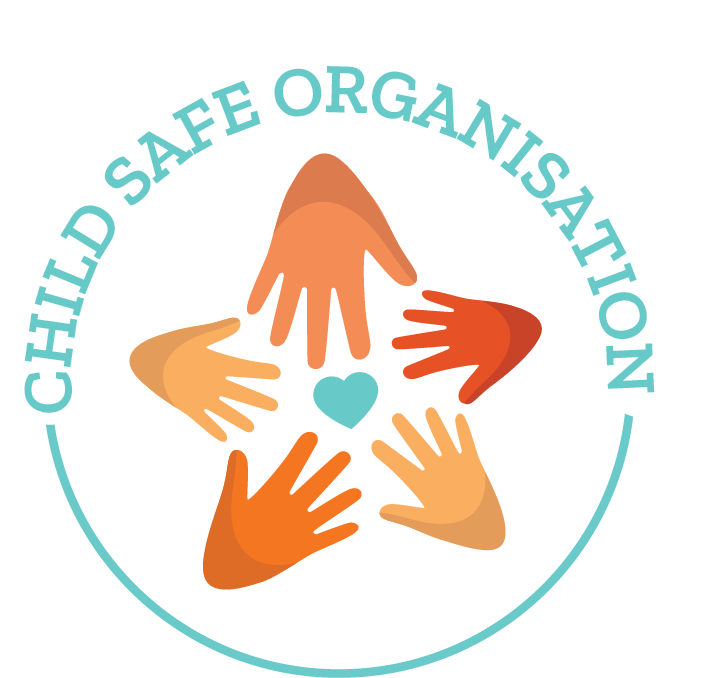For many families, Kindergarten is their first introduction to early childhood education, and can be a daunting process. Where should we send our child? Is it better to go somewhere closer to home, or closer to their prospective school? At what age should my child start kindergarten? What’s the difference between Sessional Kindergarten and Early Learning Centre Kindergarten?
Today we’ll look closely at the different elements of a Kindergarten program to help you make an informed decision for your child.
What is Kindergarten?
Kindergarten is an education program, either in a stand alone (sessional) setting, or integrated into an Early Learning Centre setting. Regardless of the location, all Victorian Kindergarten programs are developed and implemented by Early Childhood Teachers, following the Victorian Early Years Learning and Development Framework. Educational programs are created for your child to learn and develop in a safe and engaging environment.
Going to Kindergarten is an important step for your child. It will help them to establish skills that they will build on throughout their life. Teachers focus on developing children’s creativity, problem solving, resilience, communication, sense of community and especially a love of learning that they can carry with them throughout their schooling life and beyond.
Why should I send my child to Kindergarten?
While Kindergarten is not compulsory, it is an important step to ensure your child is able to cope with the intensity and expectations of school and life beyond. Research shows that children who attend early childhood education before starting school, develop into healthier and more well-adjusted adults.
However, it’s important to remember that every family is different, so you’ll need to think about your own family circumstances and needs when choosing when and where to send your child to kindergarten.
Two years of Kindergarten for Victorian Children
Since 2022, the government has committed to providing two years of funded kindergarten for every Victorian child. This means families can access government-subsidised, play-based learning programs for their child in the two years before they start school.
Four-Year-Old Kindergarten, delivered in the year before a child goes to school, is 15 hours a week of play-based education for every child.
Funded Three-Year-Old Kindergarten has been rolled out in stages and is currently between 5-15 hours per week per child (depending on the Kindergarten).
When should my child start three year old kindergarten?
For some families, it can be tricky to decide when to start your child at Kindergarten.
Children are eligible to attend ‘3 Year Old’ Kindergarten if they turn three by 30th April of that year, and ‘4 Year Old’ Kindergarten if they turn four by 30th April of that year. Children whose birthday falls between 1st January and 30th April may choose to start in the year they turn 3, or the year they turn 4.
This means that the best way to figure out when to start ‘3 Year Old’ Kindergarten, is to work out which year you intend for them to start school and work backwards (remembering that children must start school in the year they turn six).
For example, a child born in February 2021, may start school the year they turn 5 (2026), so attend four year old Kindergarten in 2025, and three year old Kindergarten in 2024.
But if a family believes their child would cope better starting school the year they turn 6 in 2027, they would attend four year old Kindergarten in 2026 and three year old Kindergarten in 2025.
The decision is much easier for children who have their birthday between May and December.
For example, a child born in August 2021, would start school the year they turn 6 (2027), attend four year old Kindergarten in 2026, and three year old Kindergarten in 2025.
A child’s age shouldn’t be the only consideration to work out whether a child should start Kindergarten, there are other factors to consider when choosing when your child will be ready. Including (but not limited to):
- Their social skills – are they comfortable in large groups of children? Are they confident to ask an adult if they need help? Can they initiate play with another child?
- Their communication skills – can they make themselves understood by others? Can they understand and follow instructions?
- Their levels of concentration and persistence – can they sit and listen for a period of time? Can they keep trying something that is challenging to begin with?
- Their cognitive development – can they retain information? (this may be as simple as remembering the routines for the day, or complex like the names of particular dinosaurs)
- Their self help skills – can they take themselves to the toilet? Put their socks and shoes on? Feed themselves?
- Their ability to self regulate – are they able to express their emotions in safe and appropriate ways at least some of the time? Do they seek support from trusted adults when feeling sad/frustrated/angry?
Your child’s educators can help you to identify whether your child is ready to start Kindergarten – make a time to chat with them either in person or over the phone.
Sessional Kindergarten Vs Early Learning Centre Kindergarten
There is a widely believed idea that sessional (council run) Kindergartens offer more structure and education than a Kindergarten program within an Early Learning Centre. The Victorian Government strongly advises families that Kindergarten is not a place, but a program. (Find more details here).
At Starfish, we believe that the quality of the program relies on the Early Childhood Teacher and the amount of support that Teacher receives from their Leadership team and their colleagues.
The main differences between Sessional and Early Learning Centre Kindergartens, are the hours they run, and the cost.
Sessional Kindergartens are run for limited/restricted session times, on specific days of the week, and only during school terms (40 weeks per year). Which can mean they need to pack in lots of learning opportunities within a tight time frame.
Early Learning Centre Kindergartens however, often run 5 days a week (depending on the centre), all throughout the year. This gives the teachers more time to plan their learning experiences, as well as giving the children plenty of time to explore and learn.
Sessional Kindergartens can be difficult for working parents to access, with their odd hours and days, whereas Early Learning Centre Kindergartens are run within the centre’s longer opening hours, so working families can pick up and drop off easily and at any time that suits their life situation. However, the cost of Sessional Kindergarten is covered by the Government’s ‘Free Kindergarten’ subsidy, so can be the more sustainable option for families on a tight budget. (Children attending Early Learning Centre Kindergartens will also receive the Free Kindergarten subsidy, as a reduction off their monthly fees).
Early Learning Centre Kindergartens have the added benefit of having access to all the teachers and all the resources within the entire centre. This gives the Kindergarten teacher lots of inspiration and choice when planning experiences for the Kindergarten children.
Children who access early childhood education before their Kindergarten year, don’t have to leave that particular centre to access Kindergarten. This ensures continuity of care for the child, as well as taking the hassle out of applying for many different Kindergartens in the hope of been accepted into the one of choice. Most long day care Kindergartens are able to guarantee a Kindergarten position for children already enrolled in their centres.
Your Starfish ELC Director can give you more detailed information about the Kindergarten programs at their particular centres and are happy to show you around if you’d like to book a tour. Contact 1300 168 881 (Choose from options 1-6 for the centre closest to you) to arrange a time to view the centre.

